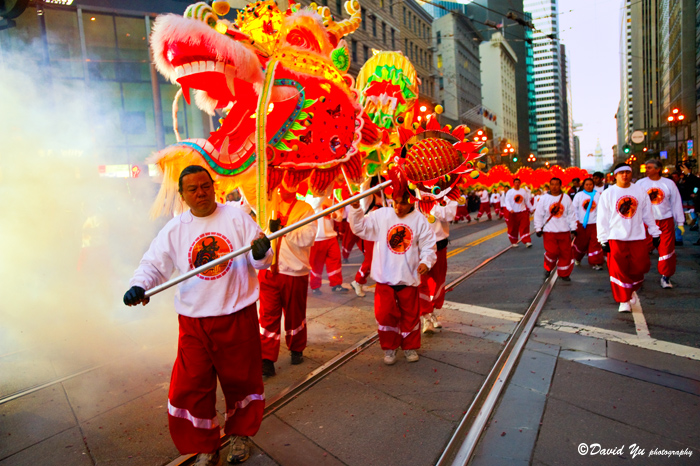Established in 1848, San Francisco's Chinatown is the oldest in North America as well as the largest outside of the Asian continent. As major tourist attraction for those visiting the City, Chinatown attracts more people each year that the iconic Golden Gate Bridge.
Situated in downtown and defined by the boroughs of Telegraph Hill and North Beach, Chinatown encompasses 24 square blocks. The Dragon Gate at the intersection of Bush Street and Grant Avenue is the landmark arch that marks the entry into Chinatown. Many shops and restaurants as well as street vendors and entertainers line its streets, attracting tourists, while Stockton Street appeals more to residents, offering an authentic atmosphere reminiscent of Hong Kong, with its produce and fish markets, stores, and restaurants.
One of the most photographed sites, it was dedicated on October 18th, 1970. Conforming to Chinese standards which require the use of stone from base to peak as well as green tiles roof, Dragon Gate is the only authentic Chinatown gateway in North America.
Photo credits ArtandArchitecture-SF.com
According to Art and Architecture SF, "the gate is based on the ceremonial gates that can be found in Chinese villages, called paifang. The gate is adorned with sculptures of fish and dragons and is flanked by two large lion statues or fou lions, which are meant to thwart evil-spirits. The gate has three passageways. The large, central one is meant for dignitaries while the two smaller passageways are meant for the common people. Taiwan provided materials for the gate, but the design is by Chinese-American architect Clayton Lee, whose design apparently won a contest in the late 1960s. The two-tiered, pagoda-style structure was built according to principles of feng shui, which dictate (among other things) that a city’s grandest gate must face south, and — though somewhat dwarfed by the larger buildings around it — that it does. A wooden plaque hangs from the central archway, on which stand gilded characters rendering a quote from the “Father of Modern China”, the revered revolutionary leader (and one-time Chinatown resident) Dr. Sun Yat Sen, “ALL UNDER HEAVEN IS FOR THE GOOD OF THE PEOPLE'."
The open space of Portsmouth Square is another significant point of interest in Chinatown with its bronze replica of the Goddess of Democracy in addition to a variety of activities including T'ai Chi and games of Chinese chess.
By David Yu - originally posted to Flickr as Year of Ox Chinese New Year Parade San Francisco 2009, CC BY 2.0, https://commons.wikimedia.org/w/index.php?curid=9562990
The annual Chinese New Year Festival and Parade, including art shows, street dances, martial arts, music, and a fashion show takes place about two weeks after the first day of the Chinese New Year. The inaugural event was held in 1858, the parade includes elements of the Chinese Lantern Festival, it is the oldest and biggest such parade of its kind outside Asia in addition to being the largest Asian cultural event in North America. The parade route starts on Market Street and ends in Chinatown.
Chinatown is just another feather in San Francisco's cap, adding to it's colorful cultural diversity for both those that reside there as well as the millions of people who visit every year.





